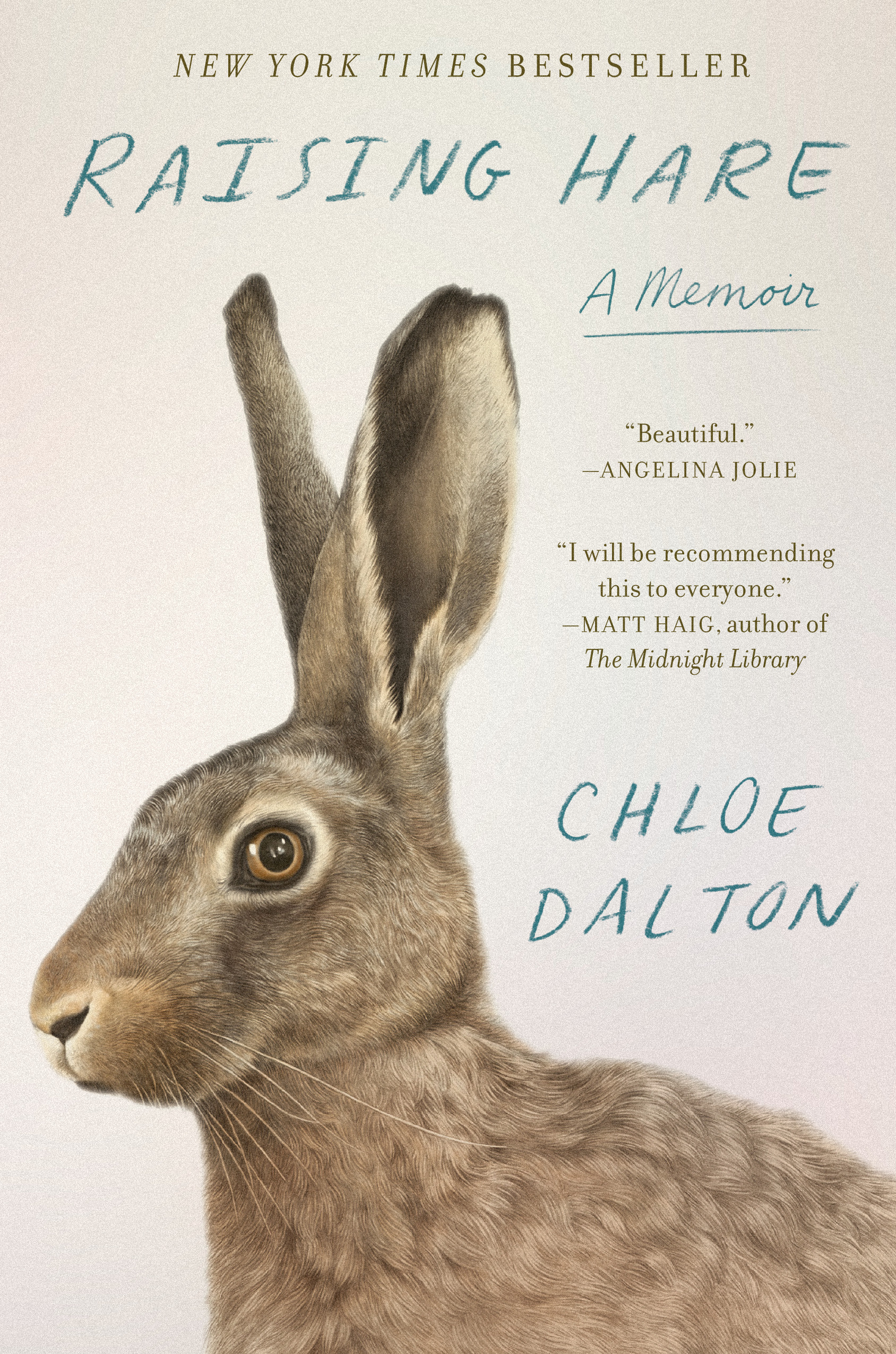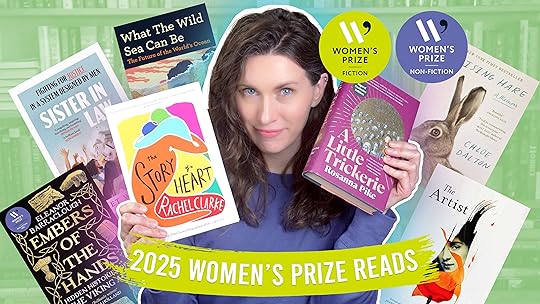What do you think?
Rate this book


285 pages, Hardcover
First published March 4, 2025

Are minds of men, become so voyde of sense,
That they can joye to hurte a harmlesse thing?
A sillie beast, whiche cannot make defence?
A wretche? A worme that can not bite, nor sting?
If that be so, I thanke my Maker than,
For makying me, a Beast and not a Man.